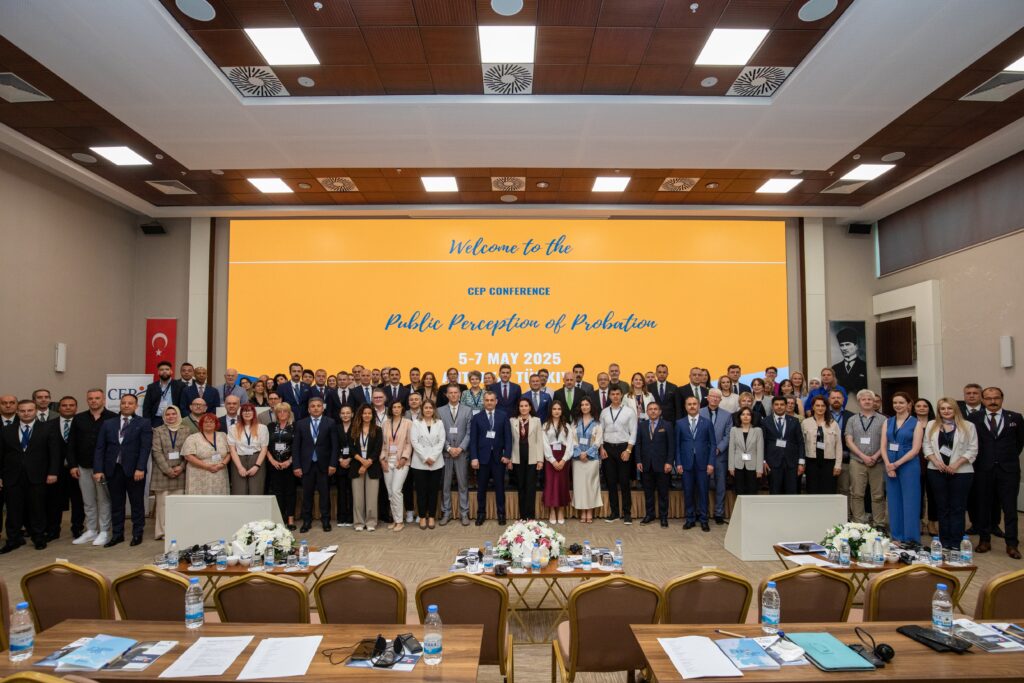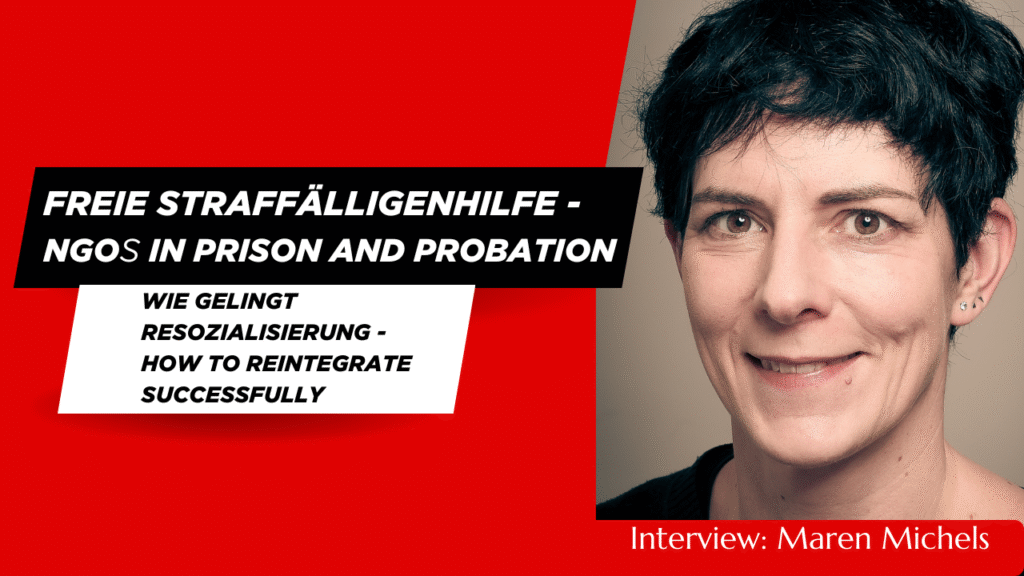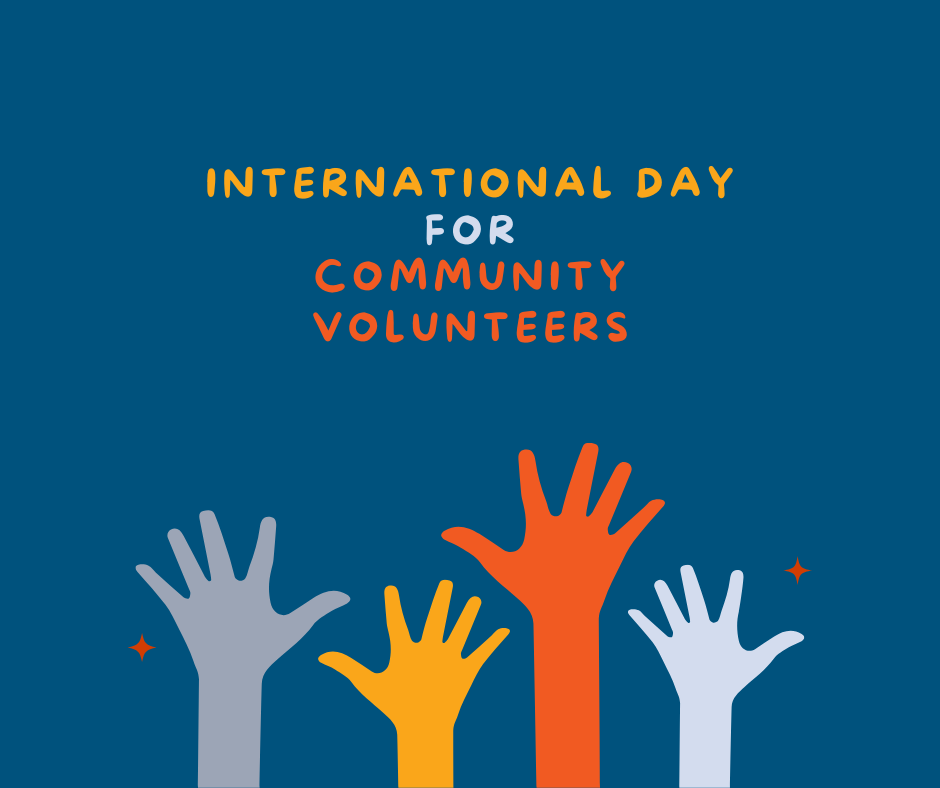Previous Article
News
The role of religion in post-release re-integration of former extremists
Religious ideology is just one of many drivers for violent extremism. Indeed, our research has indicated that in most cases, drivers such as frustrations, grievances, and lack of purpose or belonging fuel radicalisation more than religious beliefs. However, religion can be exploited to provide a legitimation for violent extremism during radicalisation processes and during periods of incarceration. Voluntary faith-based interventions can thus be helpful in the toolbox of outreach for effective reintegration after release.a
 This article is written by Julie M. Norman (PhD, she is a Research Fellow at the Mitchell Institute for Global Peace, Security, and Justice at Queen’s University Belfast (QUB).
This article is written by Julie M. Norman (PhD, she is a Research Fellow at the Mitchell Institute for Global Peace, Security, and Justice at Queen’s University Belfast (QUB).
The most direct way to incorporate religion into reintegration is through direct individual or group engagement with religious leaders and involvement in a faith community. This approach is most useful when it allows for exploration and critical discussion of religious principles that organically debunk the legitimation of violence through religion, rather than didactic methods that focus solely on convincing individuals of the peaceful foundations of the faith.
Difficulties
For these types of interventions to be effective, it is necessary to recognise the specific challenge faced by Muslim clergy. Indeed, when discussing the role of religion in reintegration, Christian interventions are often framed as normatively positive, while Islamic interventions are often viewed with suspicion. This puts imams and other Muslim interlocutors in a difficult position. On the one hand, they are tasked with gaining the trust of recently released individuals to assist with reintegration, while also often being tasked by the state to report suspicious behaviour, making it that much harder to gain trust. It is crucial for policymakers and security sector personnel to recognise the challenge of this dual obligation and seek context-specific appropriate support.
Faith-based interventions
An alternative approach is to provide faith-based interventions that facilitate reintegration by providing a sense of community and belonging, and/or by addressing frustrations and grievances. Traditional faith communities can provide a community for recently released individuals, but so too can non-traditional groups like interfaith dialogues, or gatherings focused on a specific demographic like youth or women. Other indirect interventions can involve building skillsets in critical thinking and information literacy to help individuals recognise false propaganda portrayed as religious doctrine and develop strategies to resist brainwashing.
Individual and personal interventions
Faith-based groups can also offer support through activities that are not explicitly religious, such as coordinating vocational training, providing work or voluntary opportunities and assisting with finding housing or temporary accommodation. While seemingly pithy, these forms of outreach can be crucial in preventing re-radicalisation by meeting basic needs, providing foundations for self-sufficiency, and facilitating a sense of dignity.
In other cases, individual mentoring with a faith-based leader that does not focus explicitly on religion can provide the support and sense of dignity that bolsters recently released individuals from re-radicalisation. Indeed, our research indicates that these individual interventions that focus more on personal engagement can be more effective in prevening re-radicalisation than interventions focused specifically on ‘de-doctrination.’
Engagement with formers
Finally, engagement with formers who have moved away from extremism can be a key step in reintegration. In our research in both Europe and the Middle East, outreach from re-integrated formers is one of the most effective strategies for engaging those who have recently exited an extremist group. These interventions are not faith-based per se, but they often allow for engagement with individuals of other religious or sectarian backgrounds who share the common experience of violent extremism.
For example, in our work with Fighters for Peace (FFP), a group of ex-combatants in Lebanon, former fighters in the Lebanese Civil War from Christian, Shia, and Sunni backgrounds now work together to coordinate dialogue sessions across the country with audiences from diverse political, social, religious and geographical backgrounds. Although FFP does not frame its work as inter-religious or faith-based, it naturally has interfaith and inter-sectarian components by bringing together different ex-combatants.
Other ex-combatant groups like Combatants for Peace in Israel-Palestine and informal networks between ex-prisoners in Northern Ireland likewise allow for interaction among members of different faith and sectarian backgrounds around the shared identity of being a former combatant. These initiatives have seen success in their outreach in helping other formers reintegrate and preventing further radicalisation because the members carry social capital as former fighters.
There is no single panacea to re-integration, but interventions that allow for religious or faith-based elements can be helpful for some individuals, especially those who did subscribe to radical ideologies during the radicalisation process or in prison. For some, direct theological engagement may be necessary, but for others, psycho-social support and personal development more broadly, facilitated by faith-based and/or secular individuals and organisations, may be even more effective at preventing re-radicalisation and facilitating re-integration. Whether direct or indirect, faith-based interventions should be voluntary, context specific, and integrated across various sectors, including not only religious organisations, but also government agencies, NGOs, social workers, and trusted formers.

Related News
Keep up to date with the latest developments, stories, and updates on probation from across Europe and beyond. Find relevant news and insights shaping the field today.
Recap

CEP Events, Communication and Awareness-Raising
Recap: Conference on Public Perception of Probation
06/05/2025
From 6 to 7 May, the CEP Conference on the Public Perception of Probation in Europe took place in Antalya, Türkiye, bringing together over 100 participants from more than 20 countries. The event offered space for open discussion, exchange of experiences, and practical ideas on how probation is seen and supported across Europe.
New

Probation in Europe
New Interview Online with Felix Gerike, a survivor of a knife attack
01/05/2025
What do victims of violent crime need to recover—and what can be done to prevent such attacks?
In the latest episode of Division_Y, Jo Tein, CEP board member, speaks with Felix Gerike, a survivor of the 2023 Brokstedt knife attack in Germany. Felix played a crucial role in disarming the attacker, helping to prevent further harm. He shares his personal experience, reflections on victim support, and his views on justice and policy responses to violent crime.
Probation in Europe
New Executive Summaries for the report on Building Probation Capacity in Spanish and Italian
01/05/2025
Updated

CEP Board, Probation in Europe
New Interview Online: Maren Michels – The Role of NGOs in Probation
22/04/2025
In the newest Division_Y interview, Maren Michels, director of the Hamburg Welfare Association, shares her experiences and reflects on the vital role that NGOs play in supporting people during and after incarceration.
New

CEP Events
Want to Win a CEP Award? See How Finland Did It – Apply for 2025!
22/04/2025
We’re excited to share an exclusive interview with the winners of the Development of National Probation Services Award from the CEP Awards 2022:
The Prison and Probation Service of Finland.
New

Volunteers
International Day for Community Volunteers
17/04/2025
17 April – International Day for Community Volunteers!
Today, we celebrate the inaugural International Day for Community Volunteers Supporting Offender Reintegration—a day dedicated to acknowledging the vital contributions of volunteers who assist individuals in their journey back into society.
This initiative was launched during the 2nd World Congress for Community Volunteers, held alongside the 6th World Congress on Parole and Probation in The Hague (16–18 April 2024).
At CEP, we’re proud to support the official Declaration on the International Day for Community Volunteers. We’re also actively involved in the CoPPer project—a European initiative aimed at promoting community participation in probation services. CoPPer focuses on training volunteers to support individuals under supervision, helping them access education, employment, and community connections.
A heartfelt thank you to all the community volunteers out there—your dedication makes a real difference.
Subscribe to our bi-monthly email newsletter!
"*" indicates required fields
- Keep up to date with important probation developments and insights.

